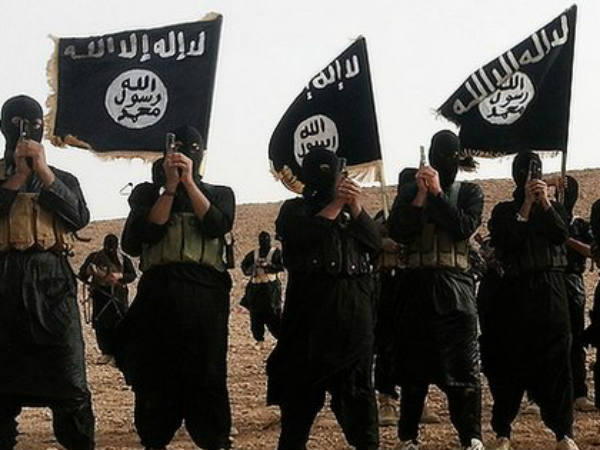
ISIS ban in India- Setting the record straight
Bengaluru, Dec 17: There has been a great deal of debate in the recent days regarding the status of the ISIS and whether it has been banned in India. The rule is clear and speaking to experts one gets a clear picture and that is if there is a ban on a particular outfit by the United Nations, then all members are required to abide by the same as per the convention signed.

What Rajnath Singh said exactly?
The Home Minister made it clear that the ISIS, or ISIL (Islamic State of Iraq & the Levant) was already banned in India as per entry no 33 in the list of outfits banned under the Unlawful Activities Prevention Act.
According to the Home Minister's statement there was no need for a separate ban like was done in the case of the SIMI, Indian Mujahideen and the 33 other organizations listed on the Home Ministry website.
India has signed the UN convention and as per this they will abide by what the UN has decided. When the UN has proscribed a terrorist organization, then all those part of the convention will automatically follow it.
No need for a separate ban:
Former Chief of Research and Analysis Wing, C D Sahay says that the ban by the UN is good enough. There is no need to ban it once again in India. It is a globally accepted provision that when the UN has banned an outfit all those who have signed the convention will abide by it.
Existing laws:
If the UN has banned an outfit, then the countries abiding by the ban can book cases against members part of the outfit with the existing laws. The existing laws under the Indian Penal Code will come into play and the provisions can be used to book cases.
This would mean that if a member is supporting or part of an outfit banned by the UN, then he is committing a crime even if the country he is part of has not banned that outfit with a separate law existing in the country. It would automatically mean that the sections under the Indian Penal Code would be applicable. Even the provisions of the Unlawful Activities Prevention Law would be used as was done in the case of Areef Majeed and Mehdi Masroor Biswas.
As per entry 33 of the UAPA, any outfit banned by the UN is automatically banned by member nations.
Difference:
In the case of the SIMI, the Indian Mujahideen and several other outfits, India has executed an individual ban apart from the one by the UN. This would mean that India will use its terror laws to ban an outfit. In the case of the SIMI the law used to ban it was the TADA. After this ban a tribunal is set up which will from time to time review whether the ban needs to be extended or not.
Will India ban ISIS on its own?
At the moment the government feels that the UN ban is good enough. The crimes that have been reported pertaining to this organization have not affected India directly. Instead these persons have been booked for waging war against a friendly nation under Section 125 of the IPC.
India is however studying the modalities and after discussion may take a decision to impose an individual ban. For this the NIA will have to make out a strong case in the form of a chargesheet. After this the National Security Advisor will examine it and then suggest to the Home Ministry on the next course of action.
OneIndia News


 Click it and Unblock the Notifications
Click it and Unblock the Notifications
































